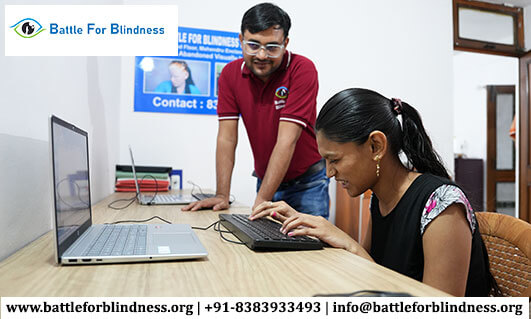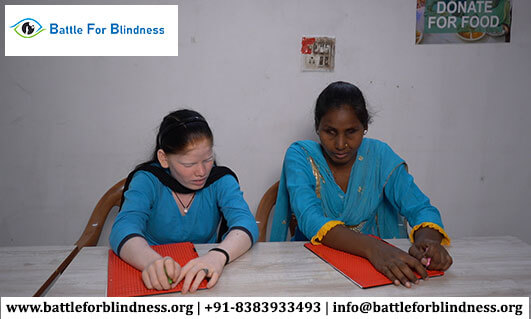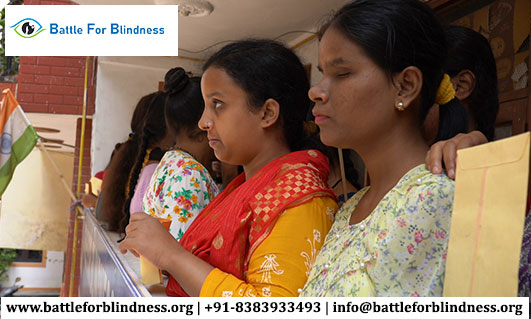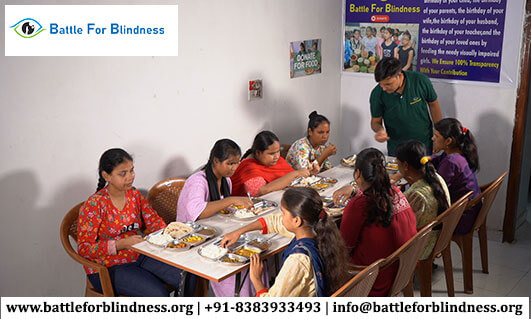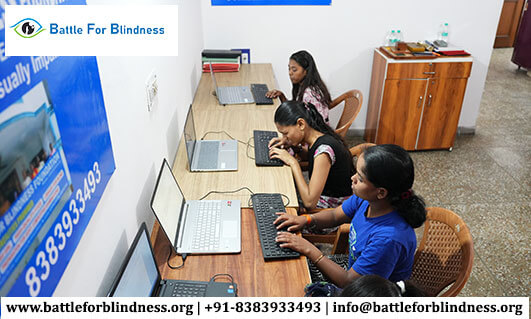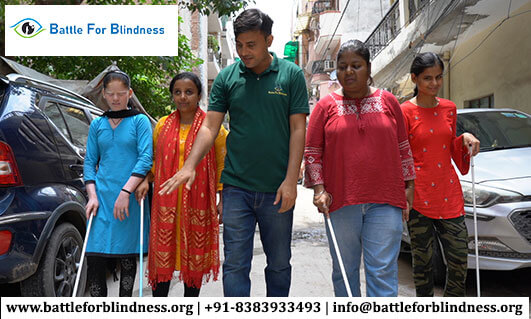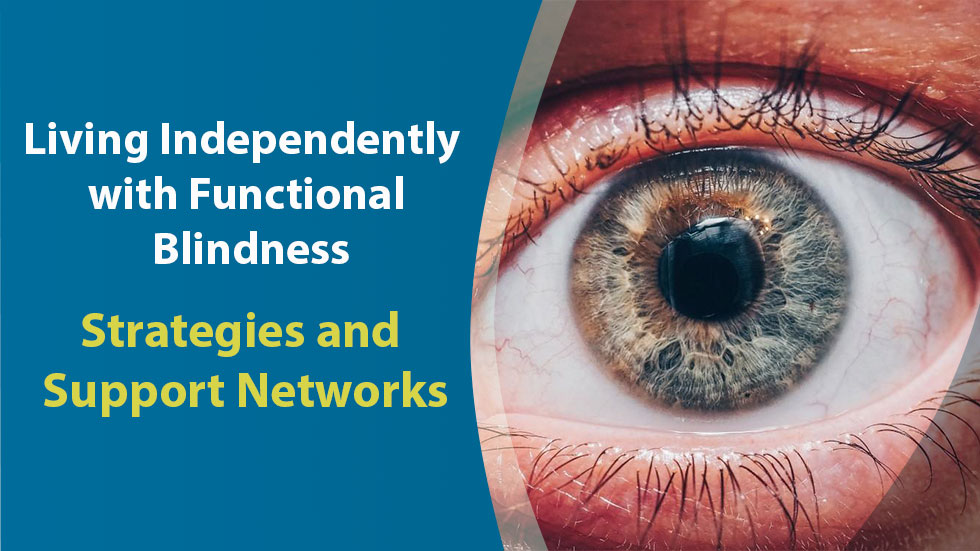
Functional blindness, also known as legal blindness, is a condition where a person has limited vision that cannot be fully corrected with glasses, contact lenses, or surgery. Living with functional blindness presents unique challenges, but with the right coping strategies and support systems, individuals can lead fulfilling and independent lives.
Understanding Functional Blindness
Functional blindness is characterized by significant vision impairment that affects daily activities. It does not necessarily mean complete blindness but involves a substantial reduction in visual acuity or field of vision. People with functional blindness may still perceive light, shapes, or colors, but their vision is limited enough to qualify them as legally blind.
Coping Strategies for Functional Blindness
Adaptive Technology: Modern technology offers a wide range of tools to help those with functional blindness navigate daily life. Screen readers, magnification software, and voice-activated assistants are just a few examples of technology that can enhance independence. Learning to use these tools effectively can significantly improve quality of life.
Mobility Training: Orientation and mobility (O&M) training is essential for those with functional blindness. O&M specialists teach individuals how to navigate their environment safely, whether at home, in the community, or while traveling. Techniques include the use of white canes, guide dogs, and strategies for crossing streets and using public transportation.
Daily Living Skills: Developing skills for daily living, such as cooking, cleaning, and personal care, is crucial. Occupational therapists and rehabilitation specialists can provide training in these areas, helping individuals maintain their independence. Simple adaptations, like organizing items in specific locations or using tactile markers, can make tasks more manageable.
Mental and Emotional Health: Coping with vision loss can take an emotional toll. It’s important to address feelings of frustration, anxiety, or depression that may arise. Therapy, support groups, and mindfulness practices can help individuals process their emotions and develop resilience.
Educational and Career Development: For those in school or the workforce, it’s important to seek accommodations that support success. This might include accessible learning materials, assistive technology, or workplace modifications. Advocating for oneself and communicating needs effectively can lead to a more inclusive environment.
Social Interaction: Maintaining social connections is vital for mental health and well-being. Joining community groups, participating in activities, and staying connected with friends and family can provide a strong support network. It’s also helpful to educate others about functional blindness to foster understanding and support.
Building Support Systems
Family and Friends: A supportive family and friend network can make a significant difference in coping with functional blindness. Open communication about needs, challenges, and successes helps build understanding and cooperation. Encouraging independence while offering help when needed strikes a healthy balance.
Professional Support: Various professionals can assist in managing functional blindness. This includes ophthalmologists, optometrists, occupational therapists, and mobility instructors. Regular check-ups and consultations ensure that individuals receive the best care and guidance.
Support Groups: Connecting with others who share similar experiences can be empowering. Support groups provide a space to share challenges, exchange tips, and offer encouragement. These groups can be found in local communities or online, offering flexibility in how individuals participate.
Nonprofit Organizations: Many organizations specialize in supporting people with visual impairments. They offer resources such as adaptive technology, educational materials, and advocacy services. Examples include the American Foundation for the Blind (AFB), National Federation of the Blind (NFB), and local agencies for the visually impaired.
Government Programs: Government programs often provide financial assistance, vocational training, and other resources for individuals with disabilities. It’s important to explore available options and apply for benefits that can aid in living with functional blindness.
Guide Dogs and Service Animals: For those who are comfortable with animals, guide dogs can provide valuable assistance with mobility and daily tasks. These animals are trained to help their owners navigate the world safely and can also offer companionship and emotional support.
Embracing Life with Functional Blindness
Living with functional blindness requires adaptation, but it does not mean giving up on life’s joys and opportunities. Embracing new ways of doing things, staying open to learning, and seeking out support are key to thriving. With the right coping strategies and support systems in place, individuals with functional blindness can lead independent, fulfilling lives, rich with purpose and connection.
Conclusion
Functional blindness presents challenges, but it also opens up opportunities for growth, resilience, and connection. By adopting effective coping strategies and building strong support systems, individuals can navigate life with confidence and independence, proving that vision loss does not define one’s ability to live a full and meaningful life.
